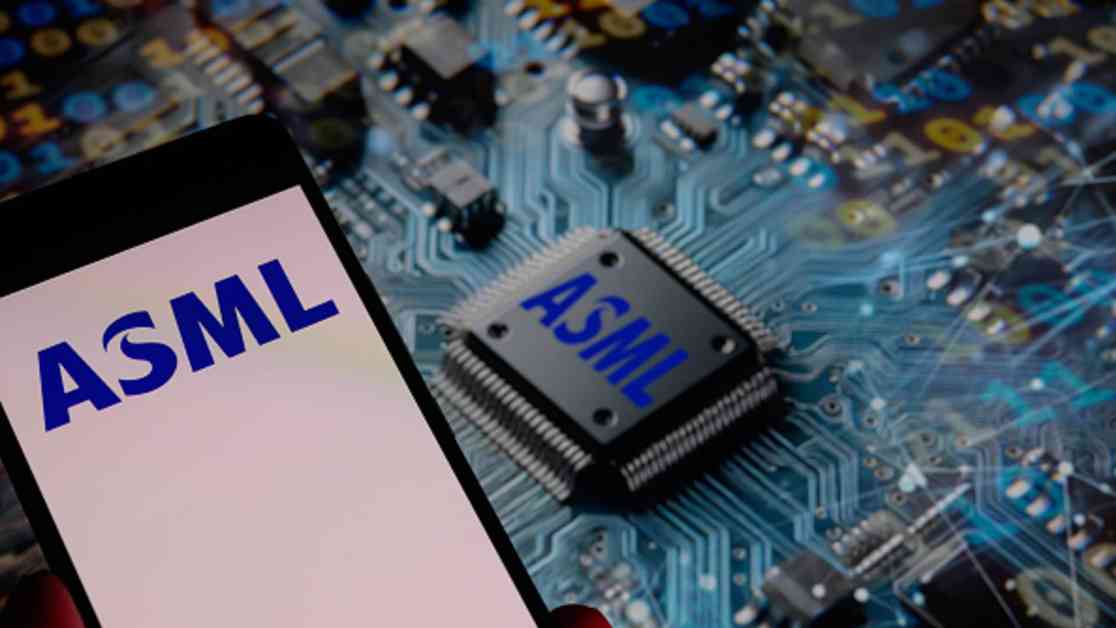Shares of semiconductor equipment maker ASML took a significant hit on Tuesday, dropping by 15.6% following the release of disappointing sales forecasts. The Dutch company revealed that it expects net sales for 2025 to fall between 30 billion euros and 35 billion euros, lower than previously anticipated.
This news had a ripple effect on other chip stocks, with industry giants like Nvidia, Advanced Micro Devices, and Broadcom all experiencing declines of at least 4% in response to ASML’s announcement. The company reported net bookings for the September quarter at 2.6 billion euros, significantly below the 5.6 billion euro consensus estimate.
ASML’s CEO, Christophe Fouquet, acknowledged the challenges the company is facing, stating that while there are positive developments in AI, other market segments are struggling to recover. The slower-than-expected recovery has impacted the company’s outlook for the coming years.
One of the key concerns for ASML is the evolving business landscape in China, where export restrictions imposed by the U.S. and Dutch governments are affecting the company’s operations. The U.S. recently implemented new export controls on critical technologies, including chipmaking tools, while the Dutch government announced plans to regulate ASML’s exports to China more closely.
ASML’s CFO, Roger Dassen, expressed optimism about the company’s China business, expecting it to return to more normalized levels in terms of revenue contribution. Despite the challenges, ASML remains a critical supplier to major chipmakers worldwide, with its extreme ultraviolet lithography (EUV) machines playing a vital role in chip production.
Analysts have expressed disappointment with ASML’s revised outlook, highlighting concerns about the delayed recovery and specific customer challenges impacting the company’s 2025 expectations. While the downbeat forecast may put pressure on semiconductor stocks, analysts believe that ASML’s long-term growth story in AI remains intact.
Overall, ASML’s recent performance underscores the complexities and challenges faced by semiconductor companies in a rapidly evolving global market. The company’s ability to navigate these obstacles and adapt to changing circumstances will be crucial in determining its future success in the industry.
















